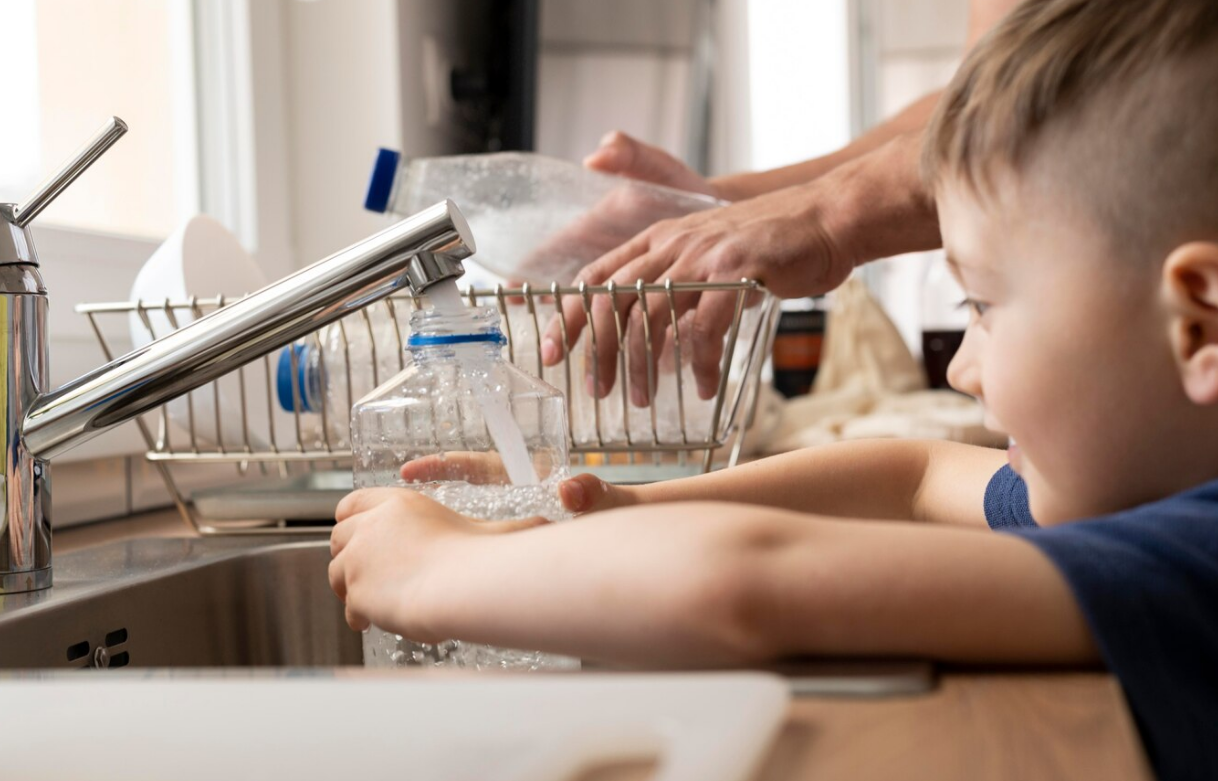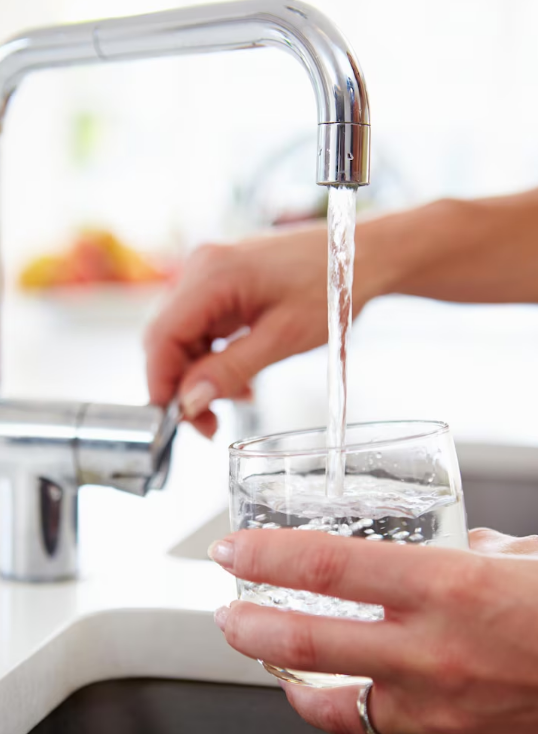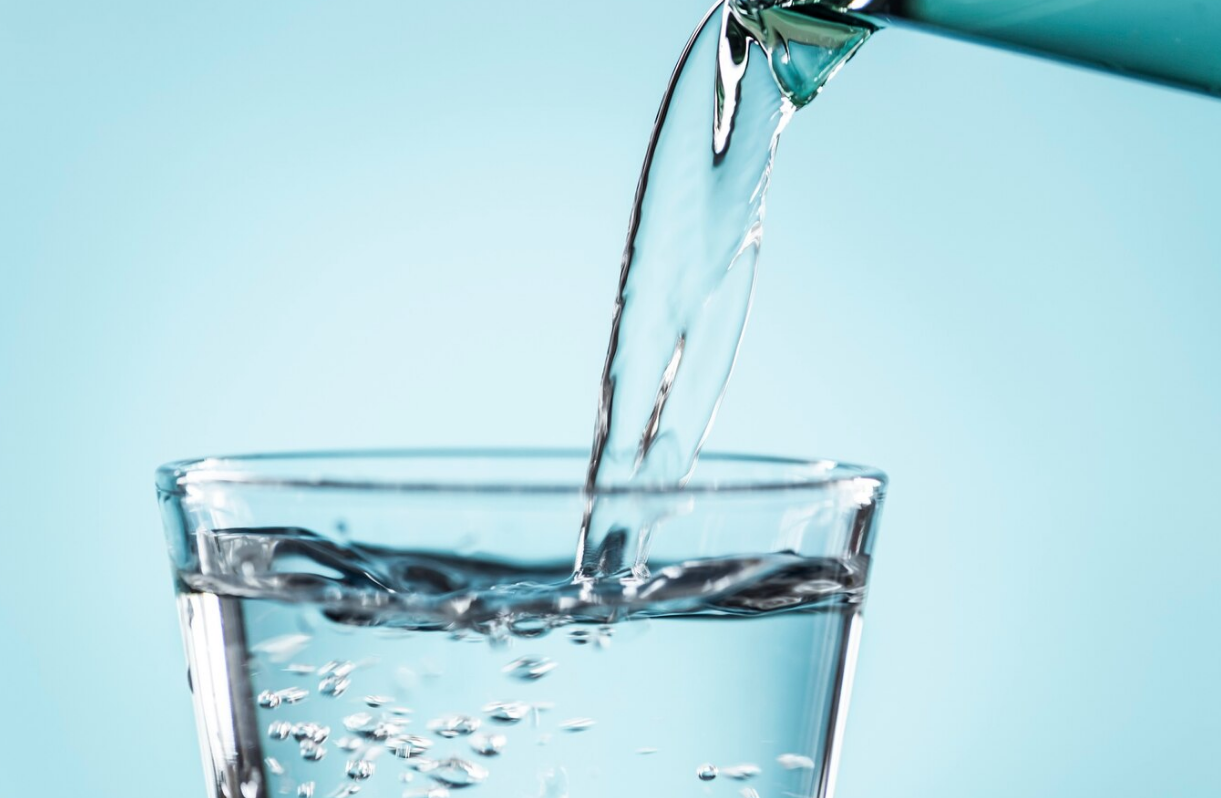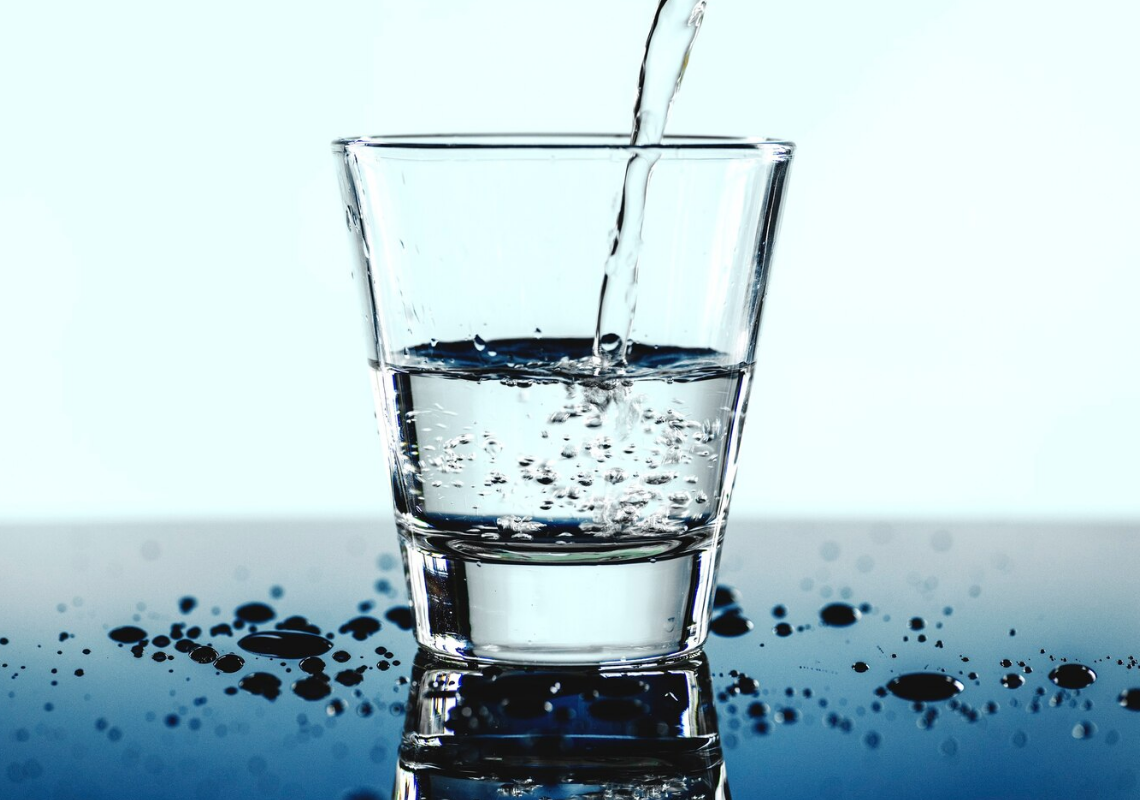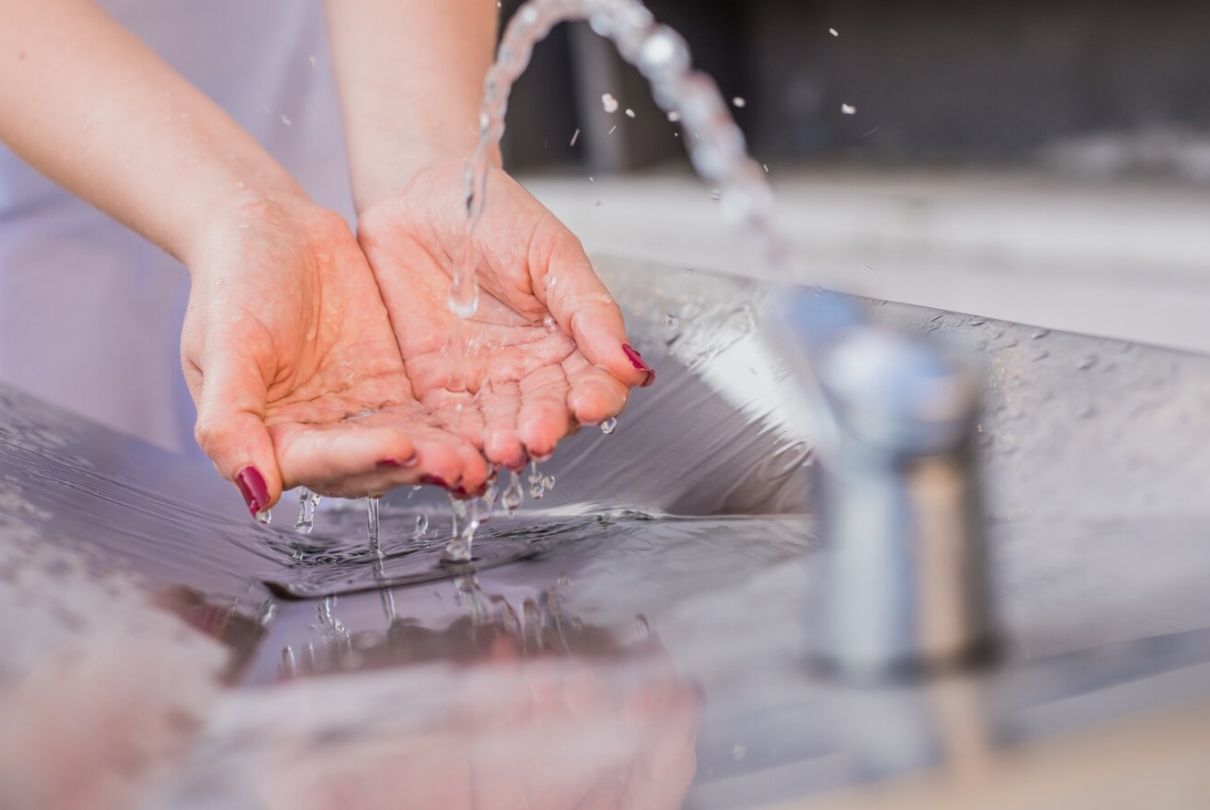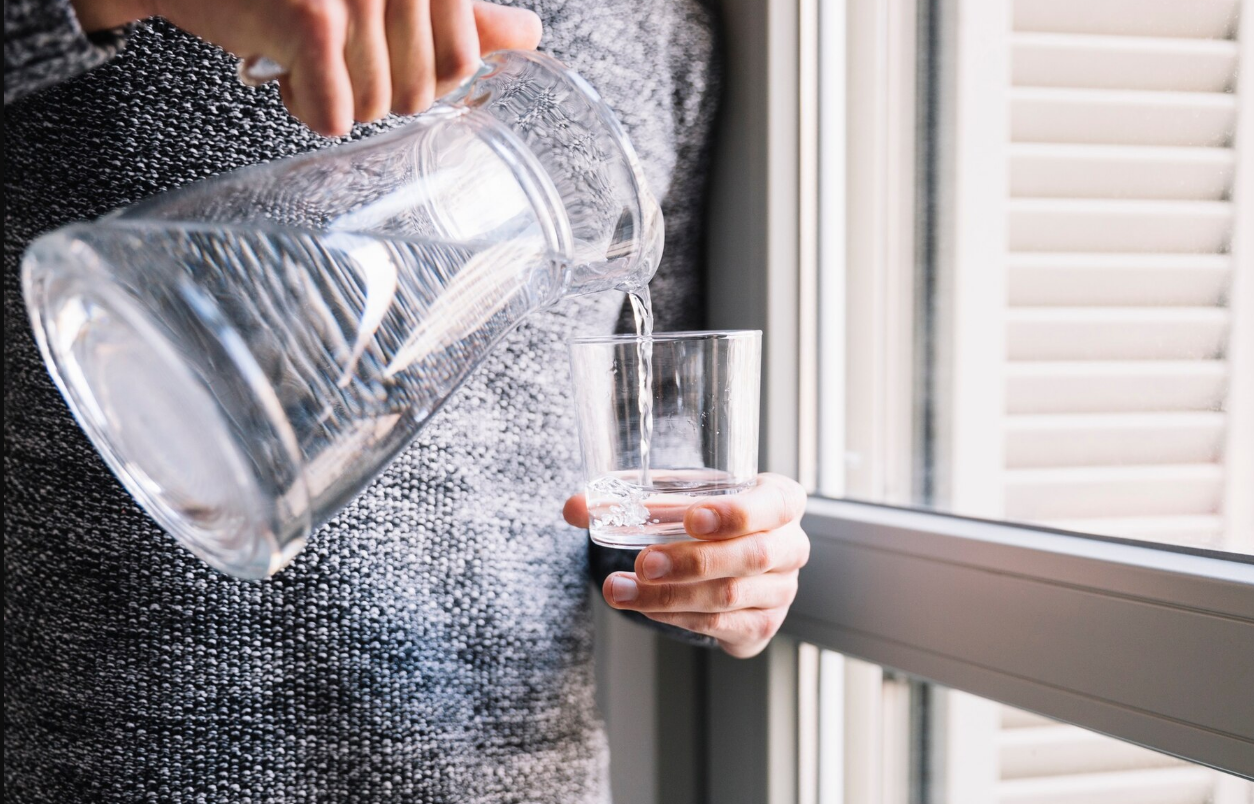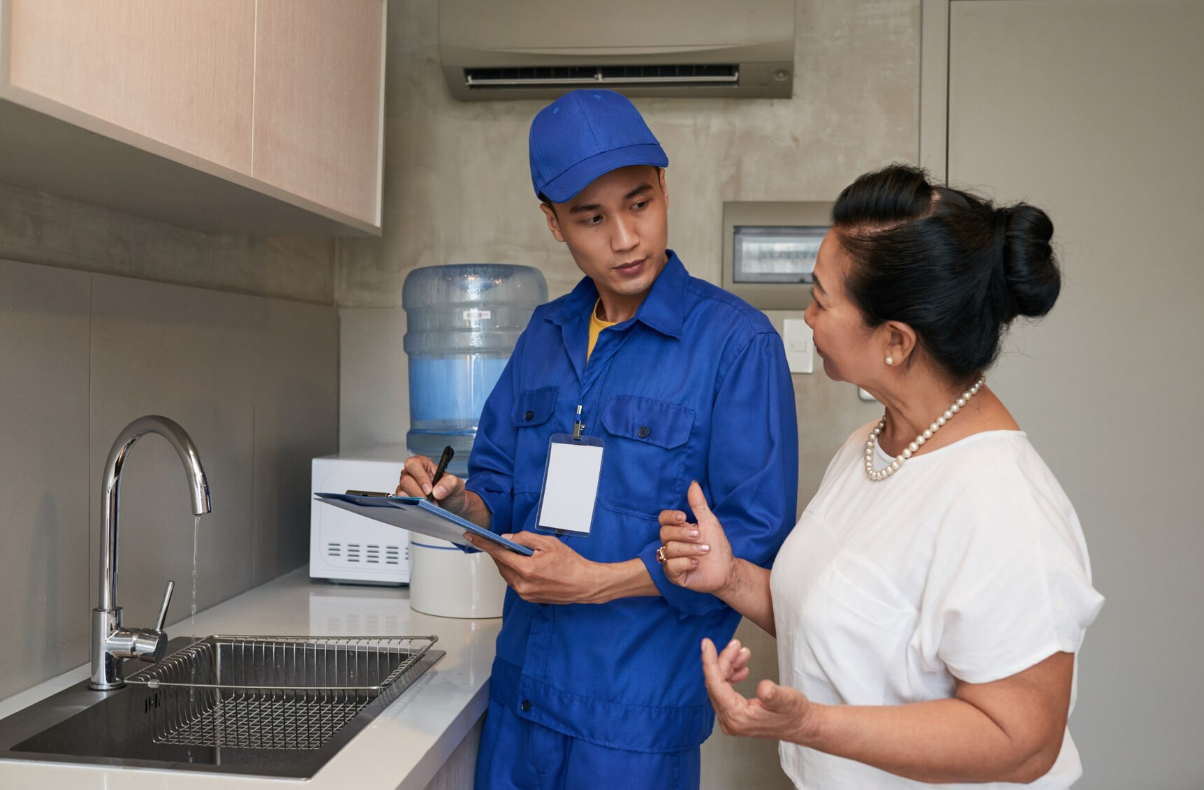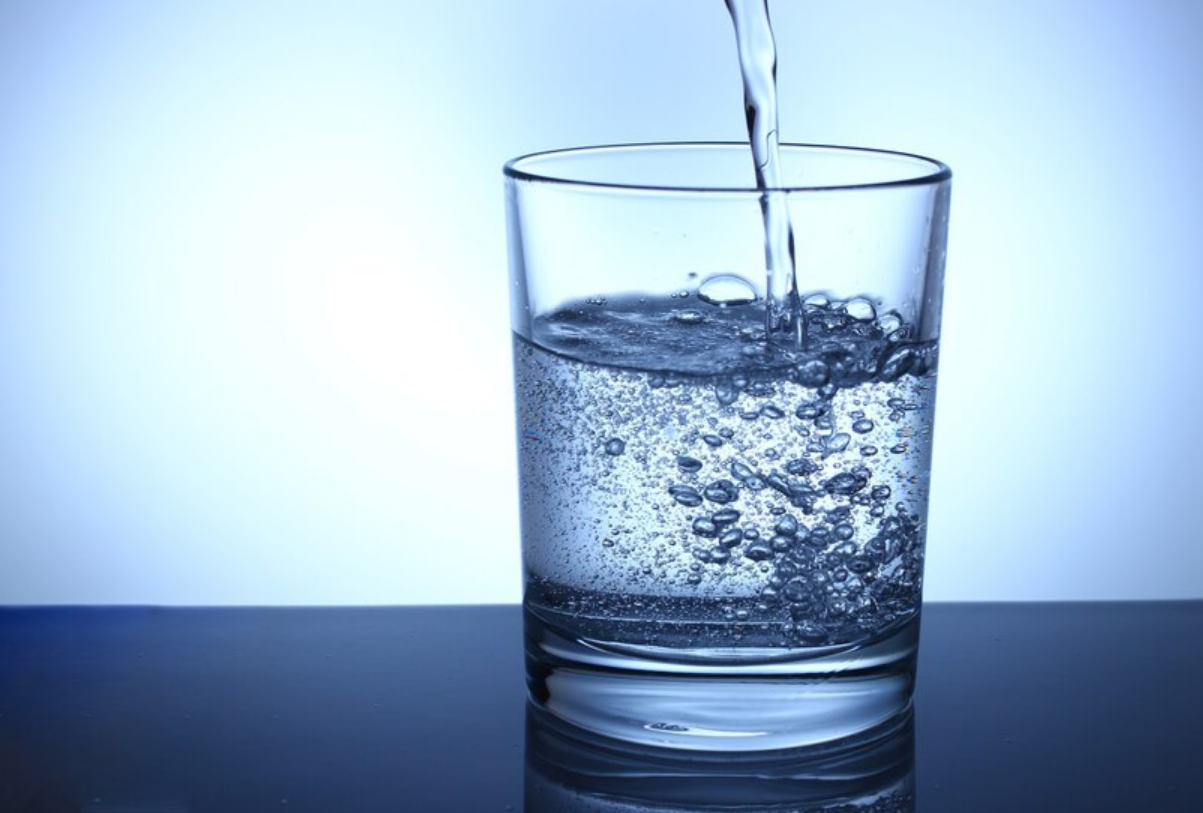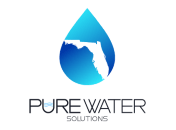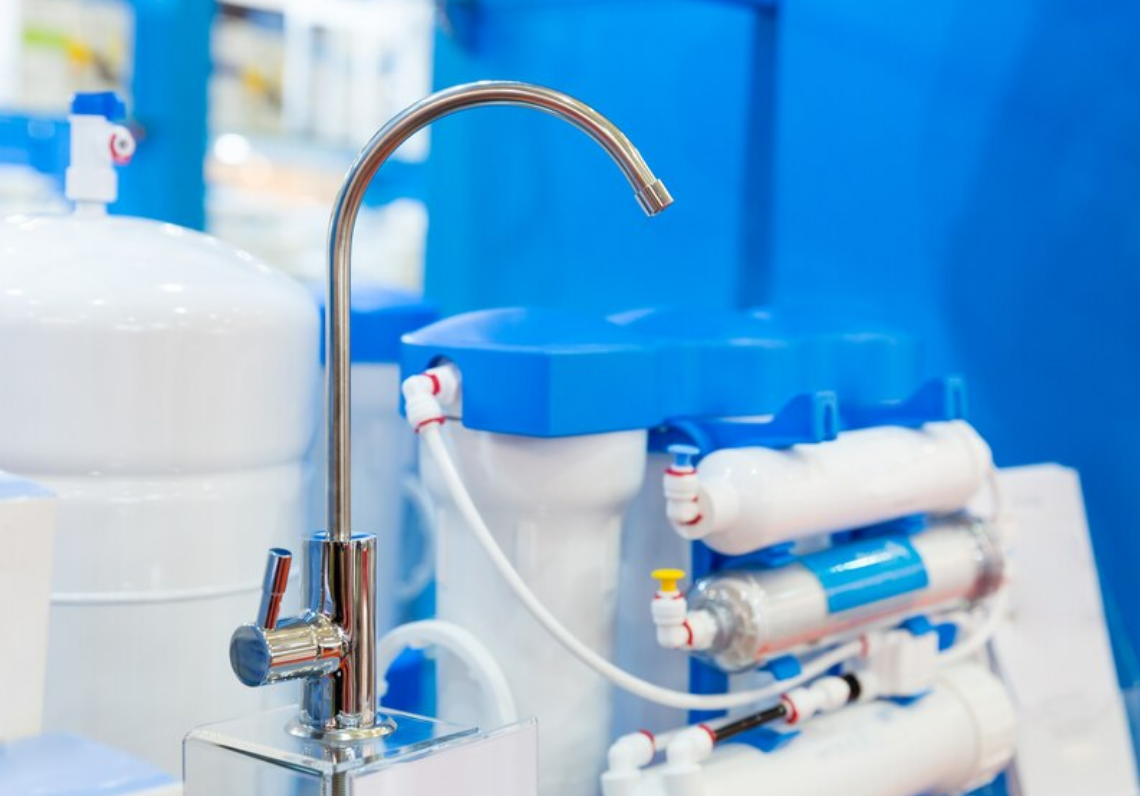Whole Home Water Treatment System and Softener: Find the Best Filtration System

Tap water often contains impurities that affect its taste, smell, and quality. A home water treatment system can solve these issues by removing unwanted substances and providing better water throughout your house. Before selecting a home water treatment system, it's important to know what's in your water.
Common problems include hard water minerals, chlorine, sediment, and sometimes harmful contaminants like lead or bacteria. You can get your water tested to identify specific issues.
This information helps you choose a system that addresses your particular water problems instead of buying unnecessary features.
Types of Home Water Treatment Systems
Different systems serve different purposes. A complete home water treatment system typically combines several treatment methods to provide comprehensive water purification. Here are the main types:
- Whole-house filtration systems that remove sediment, chlorine, and other contaminants
- Water softeners that specifically target hard water minerals
- Reverse osmosis systems for drinking water
- UV purification systems that eliminate bacteria and viruses
- Carbon filtration systems that improve taste and odor
How Water Softeners Work
Water softeners are often an important part of a home water treatment system. They remove calcium and magnesium, the minerals that cause hard water. When water is softened, you'll notice less scale buildup on fixtures, softer laundry, and better soap lather. Softeners use special resin beads that attract and trap hard water minerals, replacing them with sodium or potassium.
The softening process happens automatically, with the system regenerating periodically to clean the resin beads. This makes water softeners a low-maintenance option for improving water quality throughout your home.
Filtration System Components
A complete home water treatment system usually includes multiple stages of filtration. The first stage often removes larger particles like sand and rust. The second stage might target chlorine and organic compounds, while additional stages could include special filters for specific contaminants.
Some systems also include a water softener and a final polishing filter for drinking water. This multi-stage approach ensures that different water quality issues are addressed effectively, providing clean, soft water from every tap in your home.
Installing a home water treatment system requires careful planning. The main system usually connects to your home's main water line, while additional components like drinking water filters might be installed under the kitchen sink.
Regular maintenance keeps your system working efficiently. This typically includes:
- Replacing filter cartridges as per manufacturer’s instructions
- Adding salt to water softeners when needed
- Checking system performance periodically
- Cleaning system components as recommended
Cost of a Home Water Treatment System
When budgeting for a home water treatment system, consider both initial and long-term costs. The initial investment includes the system itself and installation. Ongoing costs involve replacement filters, salt for water softeners, and occasional maintenance.
While quality systems might seem expensive at first, they often save money over time through reduced soap usage, longer-lasting appliances, and fewer repairs needed due to hard water damage. They also eliminate the need for bottled water, which can be a significant saving.
Choosing the Right Home Water Treatment System
Your home's size and water usage patterns determine the appropriate system size. A system that's too small won't keep up with demand, while an oversized system wastes money and resources. Consider factors like:
- Number of bathrooms and water-using appliances
- Family size and daily water consumption
- Peak water usage times
- Available space for system installation
The right home water treatment system should match your specific water quality needs, budget, and household size while providing consistent performance and easy maintenance.
Remember that improving your water quality is an investment in your home and family's health. A well-chosen system will provide years of clean, soft water while protecting your plumbing and appliances from damage.
